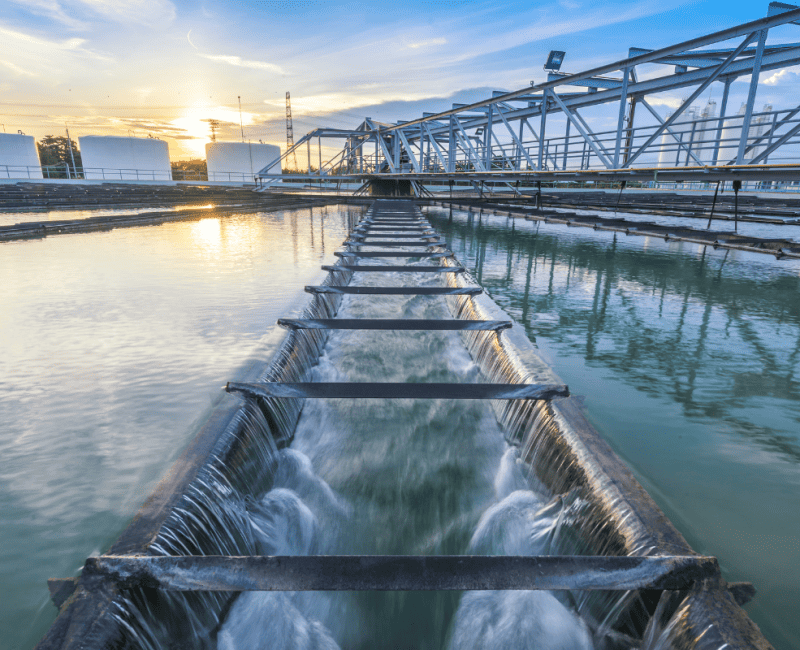
Antimicrobial resistance has been identified by the water industry as a growing concern in the delivery of wastewater treatment and water recycling schemes…

Antimicrobial resistance has been identified by the water industry as a growing concern in the delivery of wastewater treatment and water recycling schemes…

Australian water utilities are striving to reduce greenhouse gas (GHG) emissions, with some aiming to achieve net zero emissions operation in the next decade…

Biosolids, which are produced as a by-product of the wastewater treatment process, create a notable cost to industries due to their handling requirements…
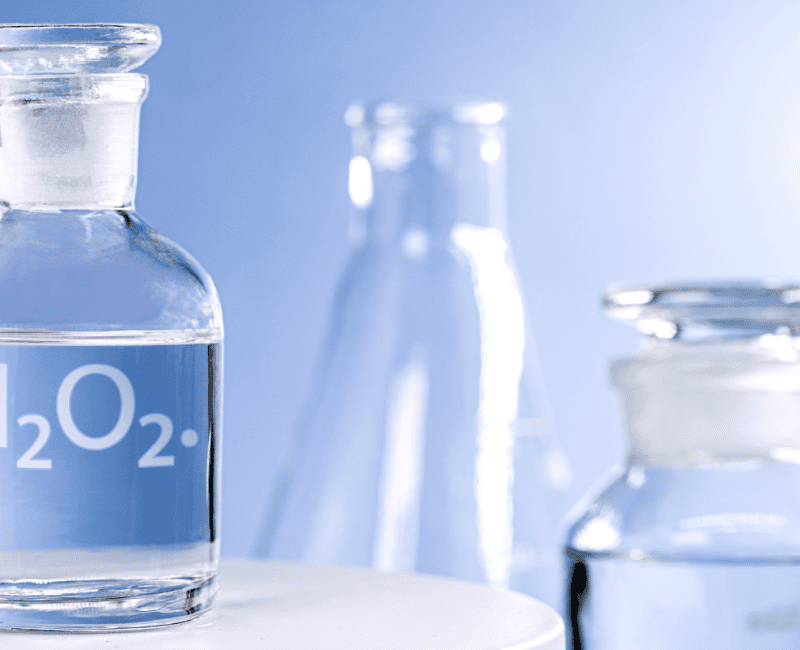
This project will conduct a critical review of scalable algal control methods within wastewater lagoons, drinking water reservoirs, and constructed water bodies…
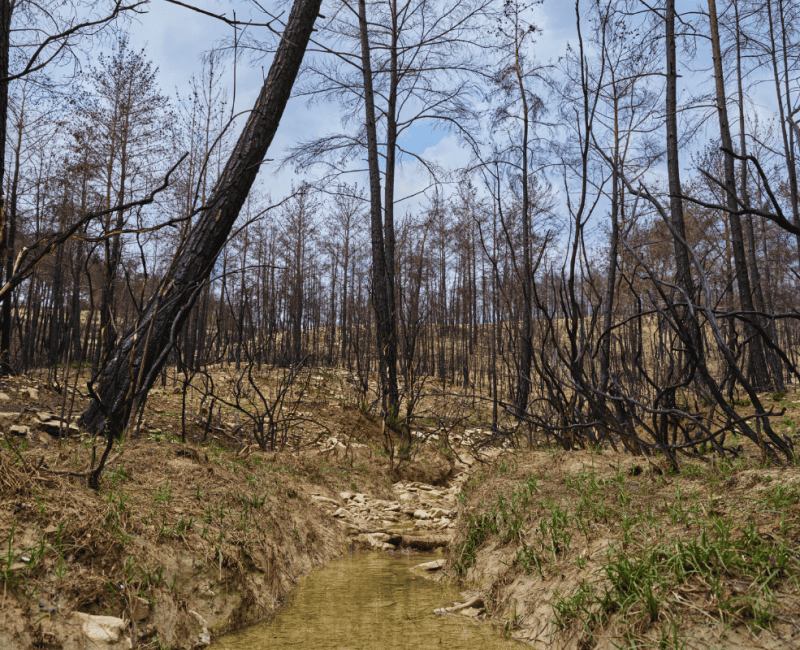
Climate change is increasing the risk of more frequent, more intense, and more widespread bushfires…

This research will investigate combining prediction and optimisation (predict-plus-optimise) to better manage peak sewage flows…
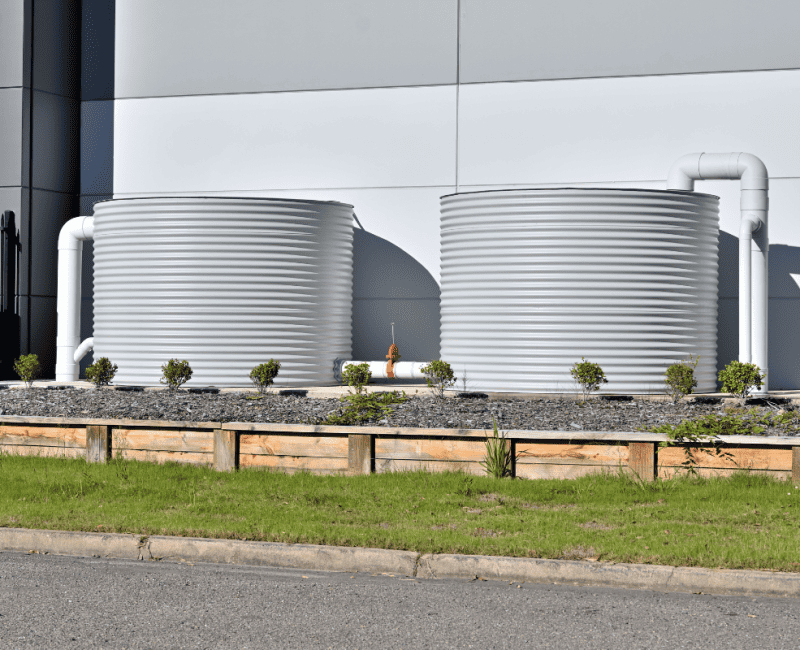
This project is being driven by the need for water utilities and regulators to have up-to-date and peer-reviewed information on the pathogen risk associated with different animals being found in treated treated water assets or storage tanks…
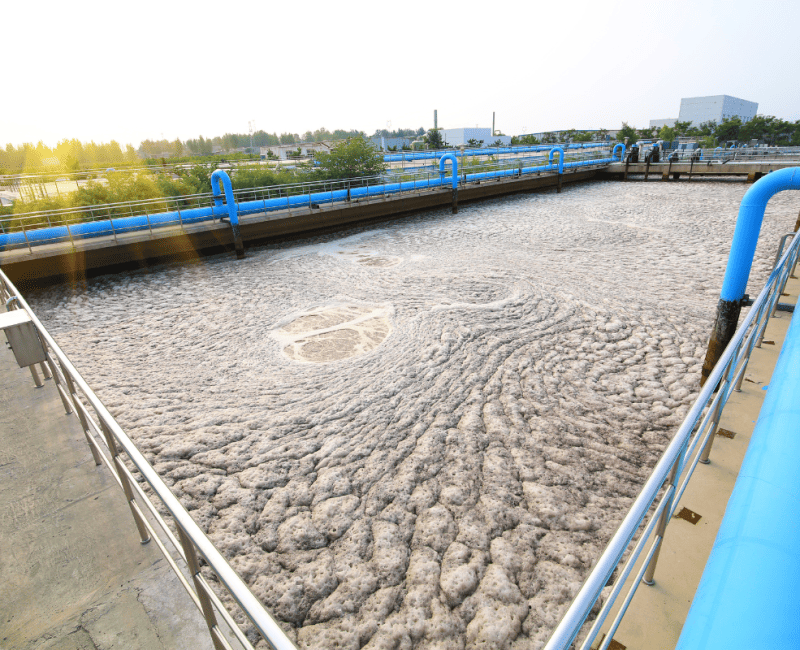
Pyrolysis of biosolids is becoming more prevalent in Australia and is emerging as an opportunity to enhance solids handling associated with wastewater treatment, as the process can destroy several contaminants of concern…
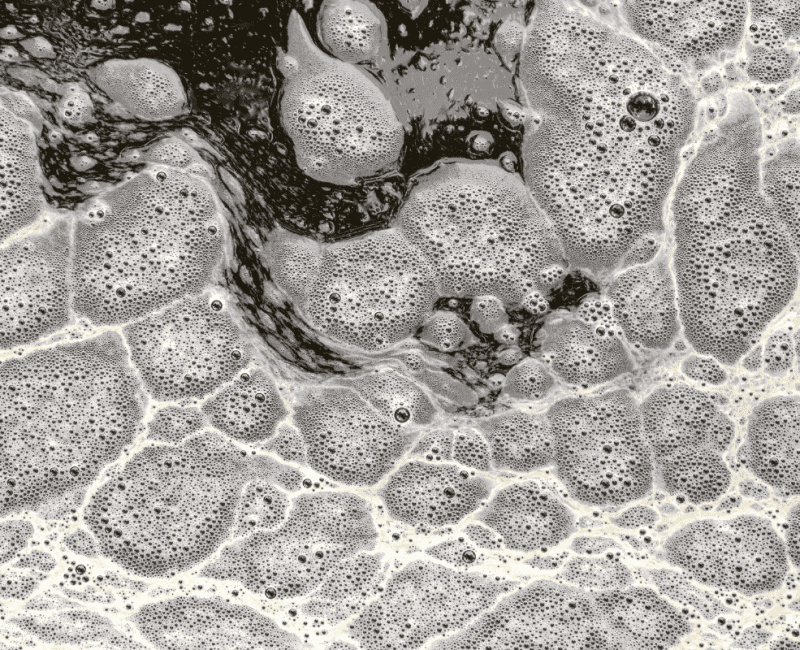
The occurrence of per- and polyfluoroalkyl substances (PFAs) in various environmental media is of great concern due to their potential adverse effects on living organisms…

Unexpected taste and odour (T&O) in drinking water is an emerging issue for the Australian water industry as it undermines customers’ trust in drinking water suppliers…